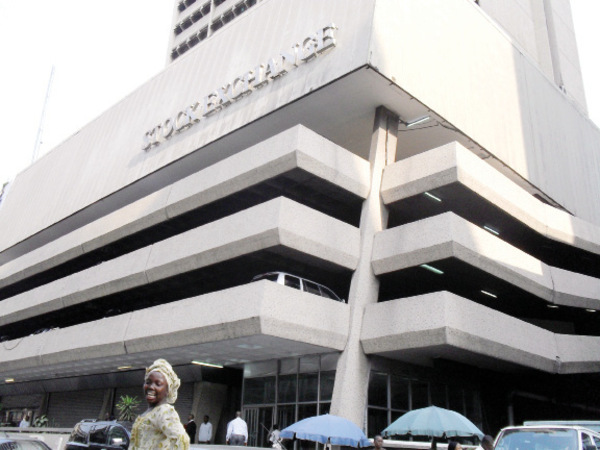 The West African Capital Markets Integration Council (WACMIC) has successfully completed its first direct trade between two West African countries under phase one of its integration programme to promote trade across member countries.
The West African Capital Markets Integration Council (WACMIC) has successfully completed its first direct trade between two West African countries under phase one of its integration programme to promote trade across member countries.
United Capital Plc of Nigeria and CAL Brokers of Ghana execute first trade under West African Capital Market Integration Programme.
The landmark trade was between United Capital Securities and CAL Brokers, enabled by the Nigerian Stock Exchange (NSE) and Ghana Stock Exchange (GSE).
WACMIC was established to harmonize a regulatory environment for the issuance and trading of securities across the West-African sub region.
The successful implementation of Phase 1 through the Nigerian capital market will allow brokers not registered in the Nigerian capital market, remote access to the trading facility of the Nigerian Stock Exchange through a local sponsoring dealing member firm licensed by NSE.
Brokers in WACMI member countries can now trade on behalf of their clients and settle securities in Nigeria through local sponsoring brokers.

Other West African stock exchanges such as Bourse Regionale des Valeurs Mobilieres SA are expected to initiate similar deals which could be worth an additional USD $2 million a day in capital market liquidity to the Nigeria market.
Commenting on the development, Chairman, West African Capital Market Integration Council (WACMIC) Edoh Kossi Amenounve said, “The council is proud to see the realization of this important target for regional integration’’.
In his own, Chief Executive Officer of the Nigerian Stock Exchange, Oscar Onyema said “This inaugural trade affirms our commitment to regional integration and highlights the NSE’s resolve to partner with relevant bodies that will provide our various stakeholders’ with platforms that will make them globally competitive.
DailyTrust




